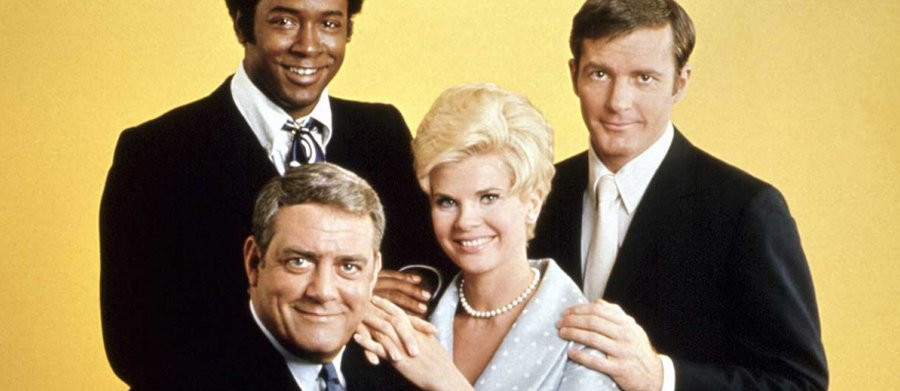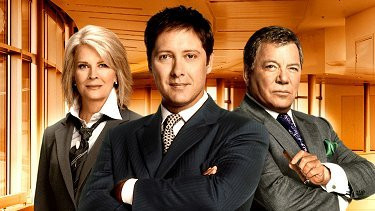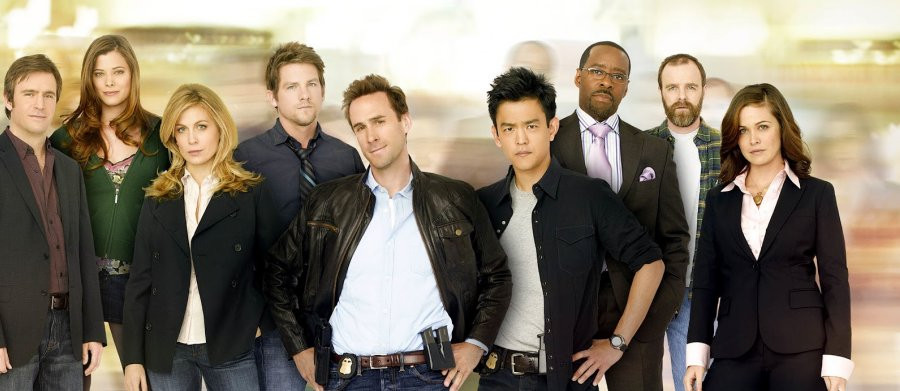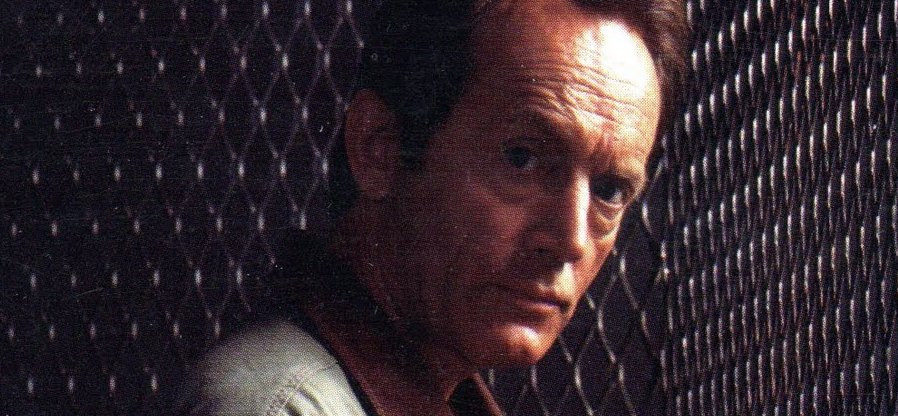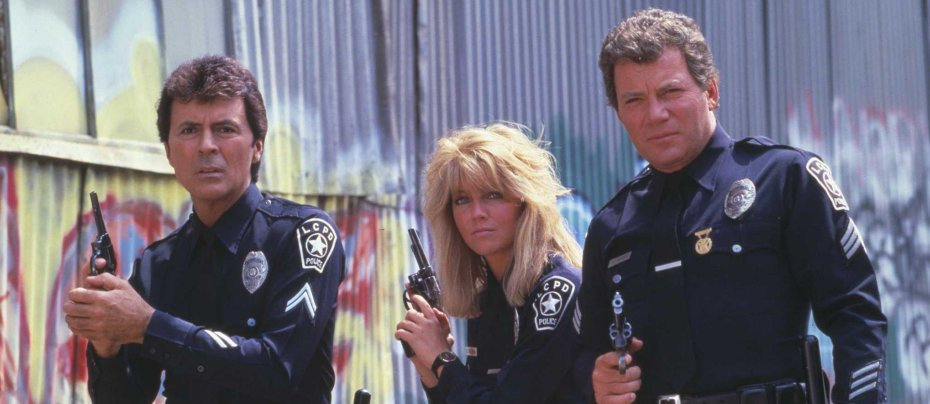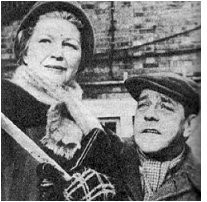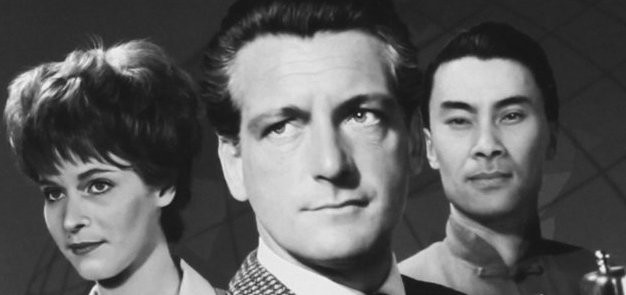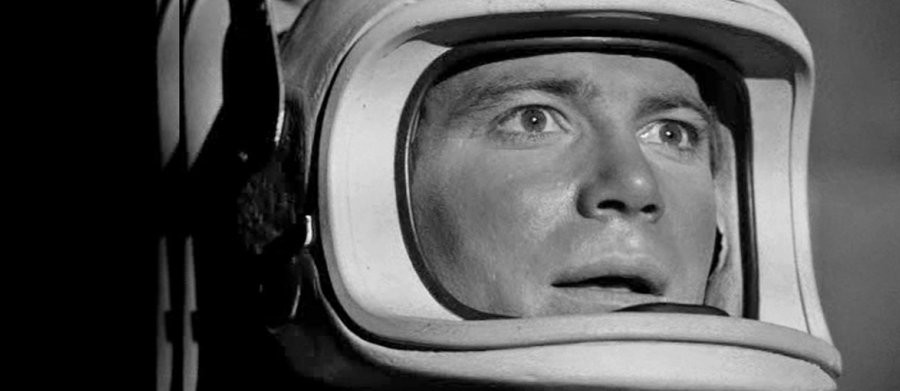
The Outer Limits
1963 - United States"There is nothing wrong with your television set. Do not attempt to adjust the picture. We are controlling transmission . . . we will control the horizontal. We will control the vertical... For the next hour, sit quietly and we will control all you see and hear... You are about to participate in a great adventure. You are about to experience the awe and mystery which reaches from the inner mind to The Outer Limits."
The only truly worthy rival produced by U.S. television for the crown held by Rod Serling's classic Twilight Zone anthology, The Outer Limits ran from 16 September 1963 to 16 January 1965, and along the way produced some of the most memorable and exciting science fiction ever to grace the small screen up to that time.
Created by noted playwright and Executive Producer, Leslie Stevens, and expertly produced by Joseph Stefano, (famed for his memorable screenplay adaptation of horror writer's Robert Bloch's novel Psycho), The Outer Limits was deliberately steered away from the mainly low key, psychologically introspective approach of Serling's series and in direct contrast, opted for the most part to concentrate on high charged shocks and edge of the seat excitement.
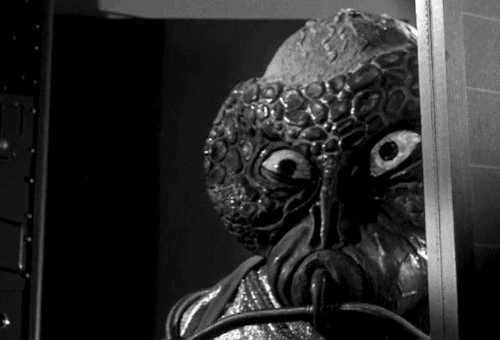
Following the weekly, matter of fact, announcement of the usurpment of the audiences control of their television sets, delivered in a memorable monotone by "The Control Voice", Vic Perrin originally, then Kevin Conway for the final shows of 1965, (a role which he would return to for the series' revival in 1995), the viewer would be treated to an often inventive, always polished for its time, production which would usually include the series strongest lasting claim to fame; "The Bear".
Imaginatively designed and often genuinely unsettling, 'The Bears' were Stefano's and the production team's code word for the series dazzling array of monsters and alien creatures which acted as each story's object of mistrustful misunderstanding or outright menace. Stefano himself described the pivotal role of the show's unnatural creations thus: 'The Bear is that one splendid, staggering, shuddering effect that induces awe or wonder or tolerable terror . . .' And the sheer diversity of those 'Bears' was breath taking.
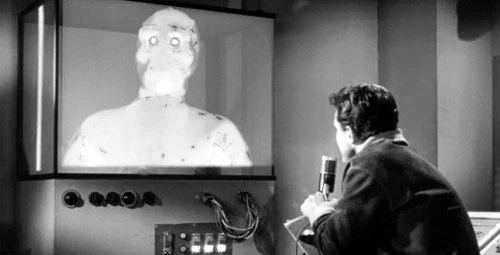
Ranging from the shimmering Andromedan for the episode entitled 'The Galaxy Being,' to the parasites which horrifically burrowed into their human hosts, attaching themselves to the spinal cord and dominating the subject's will in 'The Invisibles,' to the unforgettably repulsive scuttling of the intelligent ant-like aliens with disturbingly humanoid faces and a total disregard for human life presented in the classic episode, 'The Zanti Misfits.' But while the creatures were its mainstay, the series was also more than capable of exploring stories which highlighted subjects as diverse as the place and nature of humanity through the inexorable advancement of science, the quest for mastery over time, space and other dimensions through experimentation and the urge to unravel the depths of alien psychologies.
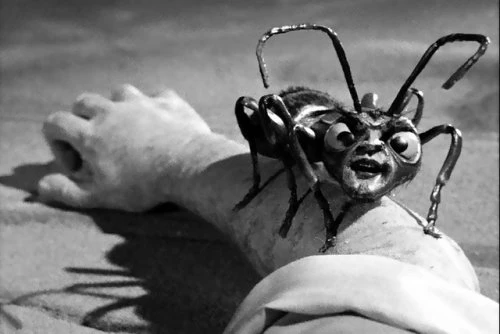
Stefano's greatest contribution to the series, apart from the obvious insistence on the inclusion of the central non-human characters, was the installation of a rigorous creative discipline and the active encouragement of the adoption of such technical attention getters as the imaginative use of cinematography that garnered the series critical praise for its striking visual approach, which presented the viewers with an immediately recognisable and highly distinctive style, comprising of deep shadows and low level lighting which successfully heightened the tension and produced a moody film noir atmosphere.
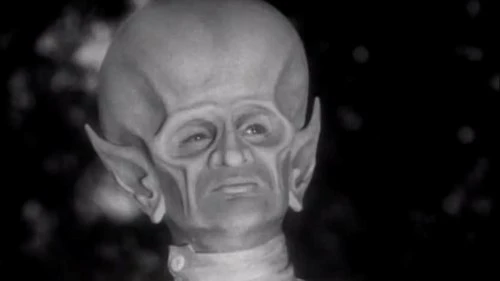
Apart from the voice over actor responsible for the Control Voice, the only 'regular' of the series was William 0. Douglas Jr, who gave a genuine physicality to many of the series creatures by dint of his being the person housed within the creature costumes. The series was also well served by a plethora of human actors who would go on to become household names in their own right, including such future luminaries as David McCallum, Robert Culp, Martin Landau and William Shatner.
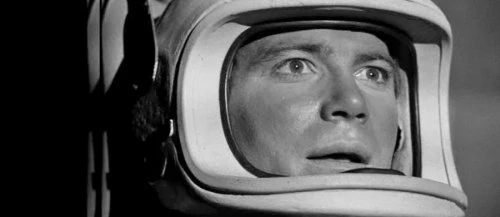
In Britain, the series was originally screened on ITV in 1964, when Granada Television broadcast 34 episodes. And although it did receive a limited run on a number of other ITV regions, it wasn't until 1981, when BBC 2 transmitted the entire 49 episodes that the series attained a much belated but fully deserved full comprehensive transmission.
Stylish, moody, intelligent and exciting, the original version of The Outer Limits is a polished, professional and still delightfully imaginative example of the science fiction anthology at its very best.
Seen this show? How do you rate it?
Seen this show? How do you rate it?
Published on May 12th, 2020. Written by Peter Henshuls for Television Heaven.


